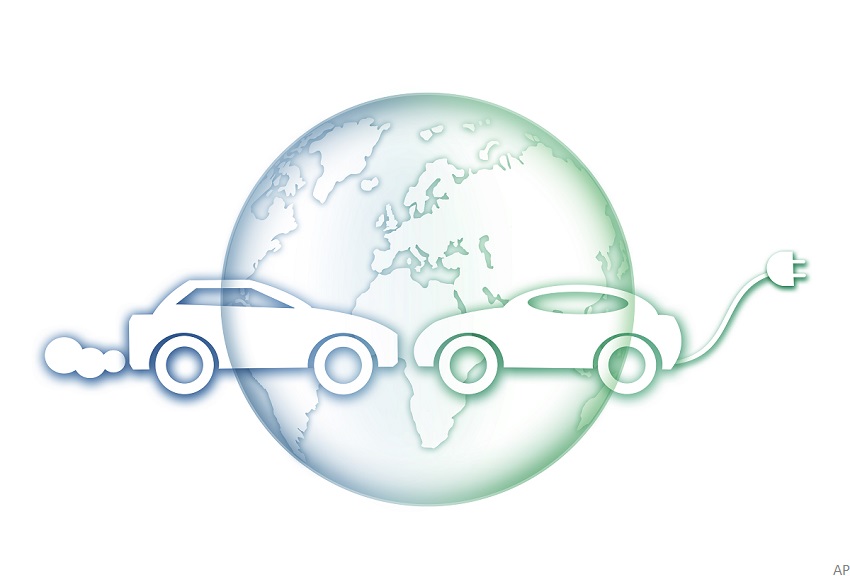
Although cruising down an open road in a shiny new Tesla Model 3 likely doesn’t feel quite as avant garde as it may have a few years ago, there is still a long way to go until electric vehicles (EVs) become the new normal – with the often-steep price tag still something to overcome.
When considering whether to purchase electric or gas for your next vehicle, here are a few factors to consider:
Purchase Price
Making a choice based on price alone, it appears to be a no-brainer. For comparison purposes, we will be looking at a 2022 Chevy Bolt, which comes in at approximately $38k, and a similar fuel-running Mazda 3, which starts at approximately $25,000. While this is just one example, EVs do tend to trend on the more expensive side and typically range from $30,000 to $40,000.
Tax Incentives
The Government of Canada offers incentives for Canadians who purchase ‘zero-emission vehicles’, which include battery-electric, plug-in hybrid electric, or hydrogen fuel cell. Eligibility criteria can be found on the government website. Incentives can be up to $5,000 in value.
Additionally, depending on where you live, additional rebate programs could be available such as the British Columbia’s Go Electric vehicle rebate program which offers up to $3,000. Other provinces offering incentive programs include New Brunswick, Ontario, Nova Scotia, Prince Edward Island and Quebec. These incentives have the potential to knock a large amount off the sale price of the car and certainly could reduce the gap between the price of EV versus gas vehicle.
Fuel Savings
As fuel costs continue to rise, the appeal of EVs – which don’t use gas – is undeniable. Let’s take a look at the gas cost of an EV along with its fuel-consuming counterpart.
According to the CAA Car Cost Calculator, the electricity cost of the 2022 Chevy Bolt is $210 per year assuming 10,000km of mileage. The Mazda 3 in comparison uses $1,505 fuel per year. Over a ten-year lifespan, the difference amounts to nearly $13,000. For those that drive even more than the assumed mileage amount, this could amount to an even more significant gas bill and should be considered when comparison shopping.
Maintenance Costs
Maintenance costs are also typically less for EVs, largely because they have far fewer mechanical parts and do not require oil changes or air filter replacements. Back to our vehicle comparison, the Chevy Bolt annual maintenance is estimated at $434 per year compared to $639 per year for the Mazda 3. This adds another $2,050 in price difference over a ten year period.
Because EVs are relatively new to the market, it’s a bit challenging to predict the longer-term costs of maintenance. That said, battery wear and tear is a distinct eventuality on an EV, and it could run you up to $16,000 if it is not covered under warranty. The good news is that the price of batteries has trended downwards over time and will likely continue to do so.
Other Considerations
While it might seem clear that the difference in price between an EV and gas-running vehicle can quickly be made up in fuel savings, there are a few extra costs to consider:
- While EVs do not require gas to run, they do require charging. These costs will vary by province and by car type. Natural Resources Canada offers electric consumption ratings which can be used to determine total charging cost depending on rates in each respective province. Many of the charging stations across Canada, however, are free to use and could bring down your annual charging bill.
- Insurance on an EV can potentially cost more than a gas vehicle simply for the fact that it costs more to replace the parts. That said, some insurers are offering ‘green’ discounts for eco-friendly vehicles like EVs or hybrids. It is worth contacting your insurer prior to purchase to get a sense of how your premiums might change with the purchase of an EV.
In conclusion, as consumers continue to look for ways to reduce their carbon footprints, electric vehicles are an option worth exploring. It is clear that the price gap with their fuel-consuming counterparts narrow at the time of purchase with various incentive programs, as well as over time with the savings in fuel and maintenance costs. While we can’t say the EV is the clearcut winner in terms of cost, it is surely a comparison worth making.



















